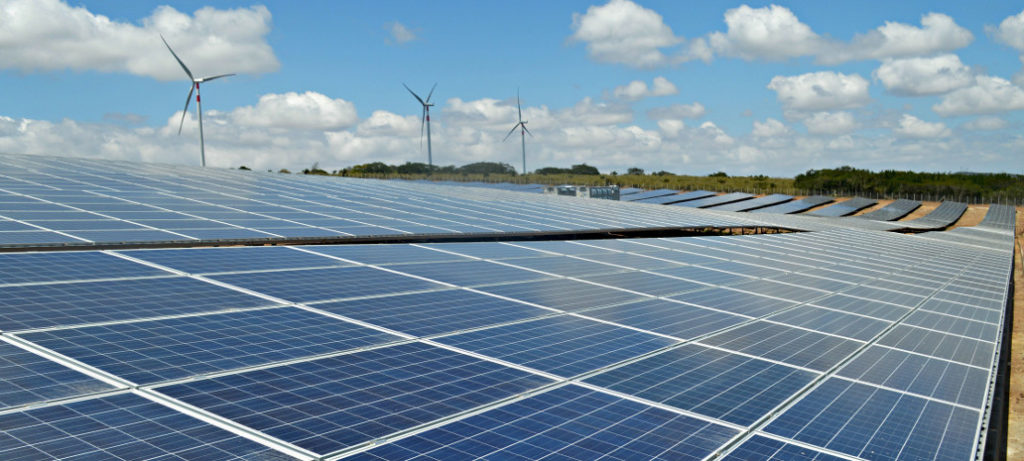USA-based Cargill has launched a joint venture with Mumbai-based commercial solar developer CleanMax Solar to set up a 15 MW wind-solar hybrid power plant in the state of Karnataka. The plant will meet close to 70% of Cargill’s Davangere facility’s electricity needs, helping the food major avoid 29,865 metric tonnes of carbon dioxide emissions per year.
Speaking to pv magazine, Andrew Hines, co-founder and chief commercial officer at CleanMax told, ”CleanMax is developing a wind/solar hybrid plant [in Karnataka] to cater to the demand of commercial and industrial clients for round-the-clock renewable power. The project is coming up in a phased manner, having dedicated capacity for Cargill and other corporates. CleanMax has complete responsibility for installing, commissioning, financing and operating the project.
“From the project, Cargill will be meeting 70% of its power requirement for the Davangere plant. This is a captive project, with Cargill holding 26% of the project equity and CleanMax the remainder, with power being supplied to Cargill under a long-term contract.”
The project itself is already operational and is located near Chitradurga.
Renewable energy projects represent a vital component of Cargill’s strategy as it aims to reduce 10% of overall greenhouse gas emissions from its operations by 2025, against a 2017 baseline. As part of its climate commitment, it also aims to reduce greenhouse gas emissions in its global supply chains by 30% per tonne of product by 2030, also measured against a 2017 baseline.
“To meet our climate commitments, we’re focused on operating more efficiently, pursuing emissions-reducing technology and investing in renewable energy to power our operations or offset our emissions,” said Jill Kolling, Vice President of Sustainability at Cargill. “We continue to invest in renewable energy projects to change the way we power our operations, harnessing the innovative, economic and environmental benefits of renewable power.”
This content is protected by copyright and may not be reused. If you want to cooperate with us and would like to reuse some of our content, please contact: editors@pv-magazine.com.









By submitting this form you agree to pv magazine using your data for the purposes of publishing your comment.
Your personal data will only be disclosed or otherwise transmitted to third parties for the purposes of spam filtering or if this is necessary for technical maintenance of the website. Any other transfer to third parties will not take place unless this is justified on the basis of applicable data protection regulations or if pv magazine is legally obliged to do so.
You may revoke this consent at any time with effect for the future, in which case your personal data will be deleted immediately. Otherwise, your data will be deleted if pv magazine has processed your request or the purpose of data storage is fulfilled.
Further information on data privacy can be found in our Data Protection Policy.